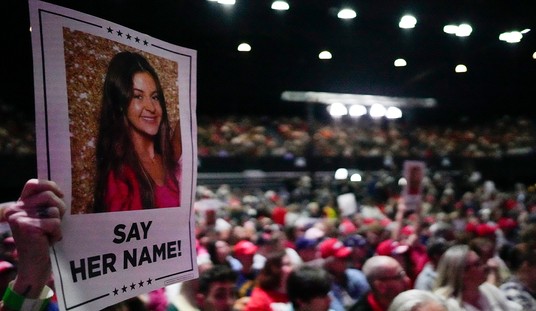Do you have a problem? Just admit it if you do — anything at all. Don’t waste time worrying about it. You can count on the practitioners of moral hazard to make it disappear. Or at least, to lay it on someone else’s shoulders. Almost the same, right?
“Moral hazard” is an insurance term that unfortunately isn’t quite as well-understood as it should be, probably because it’s not self-explanatory. Most people don’t encounter it in their daily lives and therefore have no idea what it really means. Can you imagine a network news anchor introducing a story with a line like: “And in a stunning example of moral hazard today, the Obama administration …” No? Me either. Yet instances of moral hazard seem to be multiplying daily, with profound potential implications for society and the future.
An article on Investopedia.com gives this definition of the term: “An idea that a party that is protected in some way from risk will act differently than if they didn’t have that protection.”
The basic idea is: You’re not fully responsible; someone else will cover you or pick up the tab. Say you’re a banker whose depositors’ money is guaranteed by Uncle Sam and you lose tons of that money gambling on highly leveraged derivatives. Moral hazard. Say you’re a college student who takes his tuition money and blows it on a weekend in Vegas, knowing full well that daddy will make good on the bursar’s bill. Moral hazard. Say you don’t save much for retirement because you’re relying on “entitlement” programs to make up any shortfall. Moral hazard. Say you can’t afford the mortgage on the house you bought, but President Obama — the Archduke of moral hazard — says, “Don’t worry. I’ll make the banks swallow it.” Moral hazard. You want “free” contraceptives or day-after pills even though they cost money? No problem — someone else will be forced to pick up the tab!
Sticklers will object that “moral hazard” isn’t really a get-out-of-jail-free card, and in terms of classic insurance usage, they’re right. If you have fire insurance on your house, are you more likely to be careless with smoking in bed? Rationally speaking, no. But somewhere out on the margins … maybe. But it’s certainly true that most people wouldn’t buy insurance and then dare the risk that the insurance protects against. Try to buy disability insurance that pays more than a total of about 65-70% of your income, though, and you’ll find that you can’t do it. That’s because disability carriers don’t want to issue you a “get-out-of-work-free” card.
If the government is offering you “free” (i.e., paid for by someone else) contraception via your medical insurance, is it encouraging carefree sex? Maybe not, but then again, when you reduce the cost of something you’ll tend to get more of it. In theory, at least, the government raises taxes on tobacco to discourage us from smoking.
The bigger question is this: Should the government really mediate between us and risk, between us and reality? The whole idea of social insurance is to provide that “safety net” we’d all like to think is under us as we negotiate the high-wire act of modern life. Lost all your money? There’s welfare and food stamps. Lost your medical insurance? There’s Medicaid, soon to grow exponentially via ObamaCare. Lost your job? There’s jobless pay. Etc., etc. There’s probably a societal consensus on most of this safety net: No one wants to see people starving in the streets. But how far should the net extend? Is the government — or some third party commandeered by the government — to be responsible for our whole lives?
Increasingly the answer seems to be “yes.” From a politician’s standpoint, moral hazard works wonderfully. “Look at all the free stuff I’m giving you,” says the Archduke. “Who’s your daddy?” He gets the votes, but the money for all that bailing out doesn’t come out of his pocket. (OK, he says he wants to raise his own tax rate, but even then the benefit would far outweigh the cost. How many people get free room and board at the White House, not to mention unlimited use of Air Force One?)
The downside, of course, is that people become less and less responsible for their own lives. People like the Duchess of Hazard, Nancy Pelosi, think this is a wonderful thing: More dependency, more other people’s money, more votes. What’s not to love? Plus, these self-anointed progressives get to manipulate us into doing the “right thing,” which makes them feel really, really good about themselves. A win-win-win-win situation, when you count up all the hazards. Until, that is, what might be called the Thatcher effect kicks in and other people’s money runs out. That’s when the real hazard becomes plain.









Join the conversation as a VIP Member